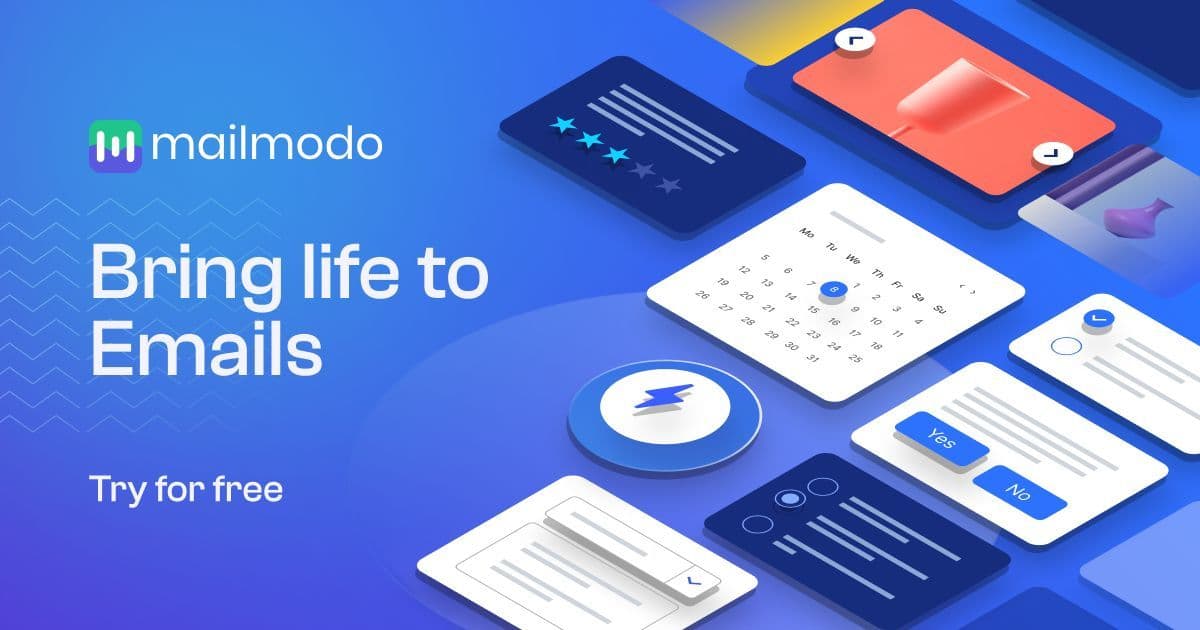
The Role of Personal Branding in Email Marketing
Email marketing has become an indispensable tool for businesses to connect with their target audience. To increase the effectiveness of email marketing efforts, personal branding becomes crucial. In this article, we will explore the role of personal branding in email marketing and how it can significantly impact the success of your campaigns.
Personal Branding for Email Marketing
Personal branding plays a pivotal role in building trust and credibility with your email subscribers. When recipients receive an email from a recognizable and trustworthy brand, they are more likely to open and engage with the content. By consistently incorporating your personal brand elements, such as a logo or tagline, into your email campaigns, you create a sense of familiarity and reliability. Personal branding allows you to create a unique identity that resonates with your target audience. By mixing your emails with your brand's personality and values, you can establish an emotional connection with subscribers. This connection not only increases engagement but also fosters brand loyalty and customer retention. Consumers feel more comfortable and confident buying from businesses that have established a personal brand because they perceive them as trustworthy, reliable, and dedicated to providing a positive customer experience.
How to Infuse Personal Branding into your Email Marketing Campaigns
Craft a Compelling Brand Story
Your brand story is the narrative that communicates who you are, what you stand for, and why your audience should choose you. Start by identifying the core values, mission, and unique selling points of your brand. Craft a narrative that reflects these elements and resonates with your target audience. Weave this narrative throughout your email campaigns, sharing snippets of your brand story with each communication.
Personalize Your Emails
Message Personalization is the #1 tactic used by marketers to increase the engagement rates of their email campaigns (source: HubSpot). Personalize your emails by addressing recipients by name and segmenting your audience based on their interests, preferences, and behaviors. Tailor your content to provide value and relevance to each segment, making your subscribers feel understood and valued. For example, you can send a thank you email after a customer has made a purchase, or a birthday email with a discount code on their special day. This helps to build a personal brand by showing that you have taken the time to think about the recipient of the email and the content of the message.
Maintaining a Consistent Voice and Tone
Voice pertains to the overall message you communicate to your customers, while tone is the way in which you communicate it. Keep a consistent tone and voice throughout your email marketing campaigns. It helps your emails stand out and be more memorable. Whether it's casual or professional, maintaining consistency helps reinforce your personal brand identity.
Building Your Niche
In order to build personal branding, a business must recognise the need of targeting specific individuals instead of focusing on catering to everyone in their email marketing campaigns. Targeted campaigns are also more likely to generate conversions. By focusing on niche areas where they can make a meaningful impact, personal brands establish themselves as authorities in their respective fields.
Engage with Your Subscribers
Actively engage with your subscribers to foster a sense of community and build strong relationships. Encourage feedback, respond to inquiries promptly, and encourage subscribers to connect with you on social media and other platforms. Other ways for maintaining better engagement with subscribers include using captivating subject lines and a healthy email list. Subscribers are more likely to open emails and interact with content when they are actively engaged, leading to higher email deliverability and open rates.
Final Thoughts
The ultimate goal of email marketing is to drive conversion and sales. Personal branding can significantly impact this by creating a loyal customer base. When subscribers feel connected to your brand, they are more likely to respond to your calls to action, resulting in higher conversion rates. Additionally, by consistently providing valuable and relevant content, you can position yourself as a trusted authority in your industry.
Appreciate the creator